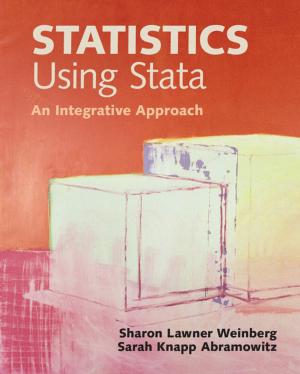The Nature of Supreme Court Power
Nonfiction, Reference & Language, Law, Social & Cultural Studies, Political Science, Government| Author: | Matthew E. K. Hall | ISBN: | 9780511853487 |
| Publisher: | Cambridge University Press | Publication: | December 6, 2010 |
| Imprint: | Cambridge University Press | Language: | English |
| Author: | Matthew E. K. Hall |
| ISBN: | 9780511853487 |
| Publisher: | Cambridge University Press |
| Publication: | December 6, 2010 |
| Imprint: | Cambridge University Press |
| Language: | English |
Few institutions in the world are credited with initiating and confounding political change on the scale of the United States Supreme Court. The Court is uniquely positioned to enhance or inhibit political reform, enshrine or dismantle social inequalities, and expand or suppress individual rights. Yet despite claims of victory from judicial activists and complaints of undemocratic lawmaking from the Court's critics, numerous studies of the Court assert that it wields little real power. This book examines the nature of Supreme Court power by identifying conditions under which the Court is successful at altering the behavior of state and private actors. Employing a series of longitudinal studies that use quantitative measures of behavior outcomes across a wide range of issue areas, it develops and supports a new theory of Supreme Court power.
Few institutions in the world are credited with initiating and confounding political change on the scale of the United States Supreme Court. The Court is uniquely positioned to enhance or inhibit political reform, enshrine or dismantle social inequalities, and expand or suppress individual rights. Yet despite claims of victory from judicial activists and complaints of undemocratic lawmaking from the Court's critics, numerous studies of the Court assert that it wields little real power. This book examines the nature of Supreme Court power by identifying conditions under which the Court is successful at altering the behavior of state and private actors. Employing a series of longitudinal studies that use quantitative measures of behavior outcomes across a wide range of issue areas, it develops and supports a new theory of Supreme Court power.















